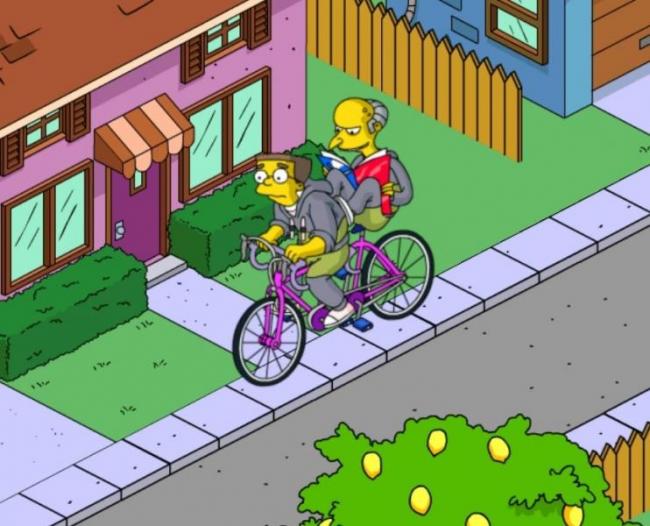Free-Rider Problem? More Like “Forced-Rider” Problem.

Unions’ Anti-Right-to-Work Argument Runs Out of Steam
Abraham Lincoln is often attributed as once defining a hypocrite as, “the man who murdered his parents, and then pleaded for mercy on the grounds that he was an orphan.”
Today, the hypocrite is not Lincoln’s orphan. The hypocrites are the unions who claim their 13th Amendment rights are being infringed upon because, according to them, right-to-work laws force unions to represent workers who do not pay dues. The 13th Amendment reads in part:
"Neither slavery nor involuntary servitude, except as a punishment for crime whereof the party shall have been duly convicted, shall exist within the United States, or any place subject to their jurisdiction."
This union claim that right-to-work violates the protections given to them in the 13th Amendment is simply not true. Unions create the so called free-rider “problem” when they choose to exercise the option to be the exclusive bargaining representative. Unions have a choice on how they will represent workers when they set up shop as the “best protectors of workers” at the factory.
It is also not mandated by the National Labor Relations Act as they like to often say. They can choose to represent only full dues-paying members (they never choose that one), or all workers as the exclusive bargaining agent (they always pick this one).
When a state passes a right-to-work law individual workers then have the choice whether or not to join a union and pay dues. This means thousands of workers are exercising their right now to not pay for the privilege of working at a job they are qualified for.
Union organizers are complaining that the people they have been forcing to pay dues for decades are now leaving the union and no longer paying dues. For example, in Wisconsin, union leaders were worried how much membership would drop when the badger state became the 25th right-to-work state. One union local leader even called the prospect, “heartbreaking,” in a Huffington Post article.
This decrease in membership amounts to a lot of damage to the bottom lines of unions when workers, who never wanted or needed to be in a union in the first place, have the chance to leave when their contract is being negotiated for a renewal, or for the first time.
This flawed claim is rearing its ugly head again because states and localities all across the country are passing right-to-work legislation and ordinances.
Unions have been forcing people to pay dues whether or not they wanted to join, whether they wanted to belong to a different union, if they voted or not, or even if they came years, sometimes decades, after the certification election.
Allowing the worker to choose whether or not to join the union is not the problem, mandatory unionization is the problem. It is not a “free-rider” problem that the American people should be worried about, but a “forced-rider” problem. There is something distinctly un-American about being forced take less money home month after month just so you line the pockets of union fat cats.
Here’s a radical thought: If you choose to represent workers as the exclusive bargaining agent instead of representing only dues-paying members, don’t come crying home to daddy in Detroit that you are being taken advantage of and being forced into indentured servitude when right-to-work is passed in your locality.
But, like the justices from the Indiana Supreme Court, logical people are just not buying their so called free-rider problem.
Jason Nemes, an attorney with Fultz Maddox Hovious & Dickens PLC, recently reminded the Center for Worker Freedom of the Lincoln quote when he shared it at a Heritage Foundation lunch panel on local right-to-work ordinances. Nemes is actively defending right-to-work as he represents Hardin County and their local right-to-work ordinance before the 6th Circuit court in Kentucky.
Sorry unions, just like our hypocritical orphan, you actively create the free-rider “problem” you are complaining so loudly about.





